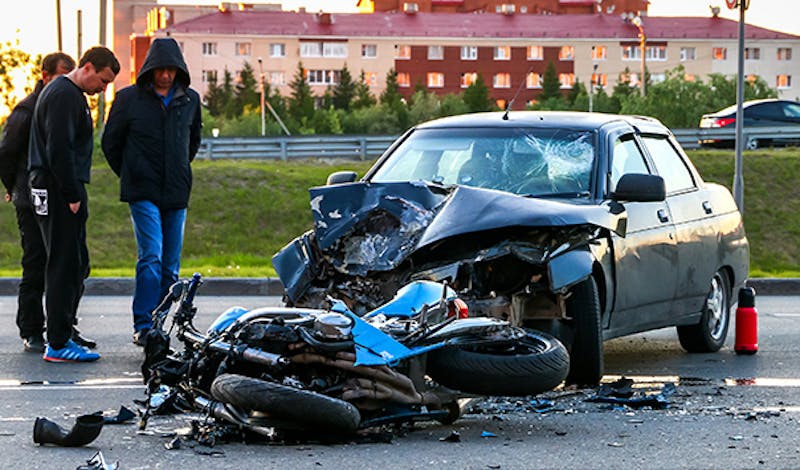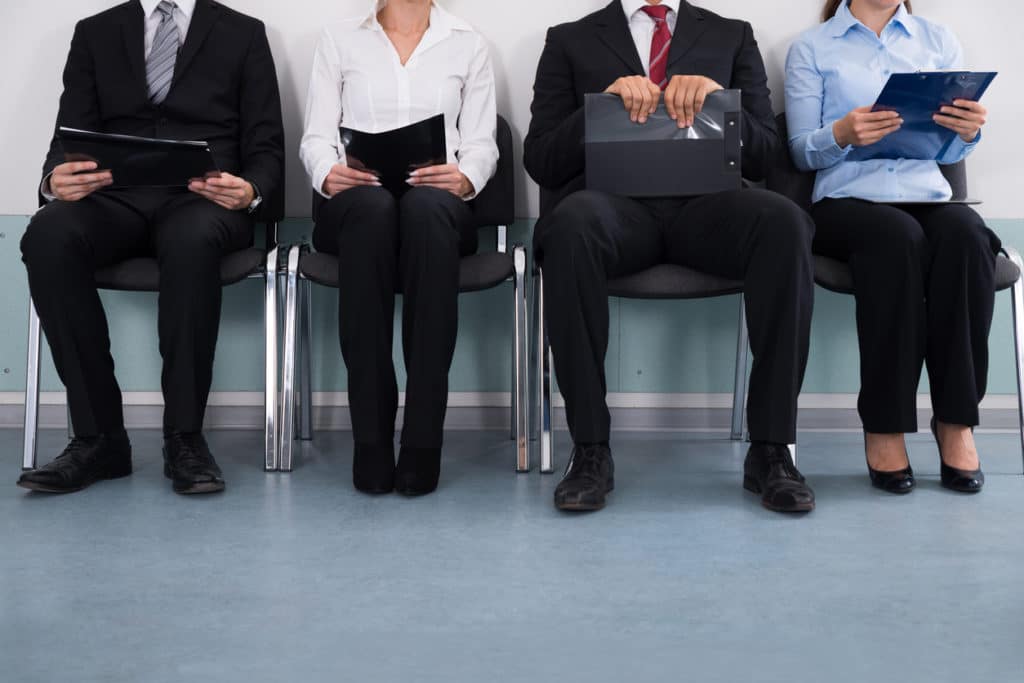Car accidents can be a traumatic experience, and knowing how to gather evidence after one can significantly impact the outcome of any legal proceedings that may follow. In this comprehensive guide by Moseley Collins Law, we will explore various methods for collecting evidence after an accident, ensuring you have all the necessary information to support your case.
Understanding the Importance of Evidence in Car Accidents
Why Evidence Matters
When you're involved in a car accident, collecting evidence is critical for several reasons. First and foremost, it helps establish liability. If you seek damages for injuries or property loss, you'll need to prove who was at fault. Evidence supports your claims and can be pivotal in negotiations with insurance companies or during court proceedings.
Types of Evidence You May Need
The types of evidence you may require include:
- Photographs of the accident scene Witness statements Police reports Medical records Insurance information
Collecting these items promptly can help strengthen your case and ensure that no critical details are overlooked.
How to Gather Evidence After a Car Accident: A Guide by Moseley Collins Law
1. At the Scene of the Accident
1.1 Safety First: Assessing the Situation
Before doing anything else, make sure everyone involved is safe. If possible, move vehicles out of traffic to prevent further accidents. Call emergency services if there are injuries.
1.2 Documenting the Scene with Photos
Using your smartphone or camera, take clear photos of:

- The vehicle damage Road conditions Traffic signs or signals Any visible injuries
These images serve as visual proof when discussing liability later on.
1.3 Gathering Witness Information
If there are witnesses who saw the accident unfold, ask for their contact information and statements about what they observed. These accounts can be invaluable in corroborating your version of events.
2. Collecting Official Reports After an Accident
2.1 Understanding Police Reports
After an accident, police officers will typically create an official report detailing their observations and conclusions about the incident. This document is essential for your case as it often contains crucial facts and diagrams illustrating how the accident occurred.
2.2 Requesting a Copy of Your Police Report
You can usually obtain a copy of your police report by visiting your local law enforcement agency’s website or office in person. There may be a small fee involved, but it’s well worth it for the evidence you’ll receive.
3. Medical Records: An Essential Component of Your Case
3.1 Getting Medical Treatment After an Accident
Even if you feel fine following an accident, it's wise to see a doctor as some injuries might not be immediately apparent. Keep all medical documentation related to treatment received after the accident as this will support any injury claims made later on.
3.2 Documenting Your Injuries
Take photographs of any visible injuries as they heal over time; this visual record can also play a role in demonstrating how serious your injuries were.
4. Navigating Insurance Claims Post-Accident
4.1 Exchange Insurance Information with Other Parties
When exchanging insurance information with other drivers involved, ensure you collect:
- Name Address Phone number Insurance company name and policy number
This information will be vital when filing claims later on.
4.2 Filing Your Claim Promptly
Once you've gathered enough evidence, don’t delay in filing your claim with your insurance company or that of another party involved in the accident.
5. Legal Considerations: When to Contact Moseley Collins Law Sacramento Car Accident Lawyers
5.1 Knowing When You Need Legal Help
If there's significant damage, serious injury, or disputes regarding liability arise post-accident, it's time to consult a legal expert like those at Moseley Collins Moseley Collins Law Sacramento car accident lawyers Law Sacramento car accident lawyers.
5.2 The Role of Your Sacramento Auto Accident Law Firm
An experienced Sacramento auto accident law firm can help navigate complex legal waters while ensuring that all necessary evidence is effectively collected and presented on your behalf.
FAQs About Gathering Evidence After a Car Accident
Q1: What should I do immediately after a car accident?
A: Prioritize safety first—check for injuries and call emergency services if needed before documenting everything thoroughly using photographs and witness statements.
Q2: Is it necessary to file a police report for minor accidents?
A: While not always required for minor incidents, having an official report is advisable as it substantiates claims made later on.

Q3: How long do I have to gather evidence after an accident?
A: While it's best to collect evidence immediately following an incident, many states have time limits (statutes of limitations) for filing claims—usually ranging from one to three years depending on local laws.
Q4: Can I still file a claim if I was partially at fault?
A: Yes! In many cases, states allow for comparative negligence which means you can still recover damages even if found partially responsible—though your compensation may be reduced accordingly.
Q5: What kind of medical records should I keep?
A: Retain all documents related to treatment such as hospital discharge papers, bills from healthcare providers, and notes from follow-up visits regarding any injuries sustained during the accident.
Q6: How does gathering evidence affect my insurance claim?
A: Strong evidence supports your position when negotiating with insurers and increases chances you'll receive fair compensation without unnecessary disputes over liability.
Conclusion
Gathering solid evidence after a car accident is crucial—it lays the groundwork for any potential claim you may pursue later on whether through negotiation with insurance companies or litigation if necessary.
At Moseley Collins Law Sacramento car accident lawyers, we understand this process intimately—we’re here to ensure that all aspects related to gathering evidence are managed efficiently so that you can focus on recovery while trusting us with your legal needs.
By prioritizing safety first while meticulously collecting data from multiple sources like witnesses’ accounts or police reports along with proper medical documentation—you'll position yourself favorably when navigating through post-accident challenges ahead!
In summary, knowing how to gather evidence after a car accident is half the battle; equipping yourself with proper knowledge empowers you during difficult times—and we’re always just one call away!